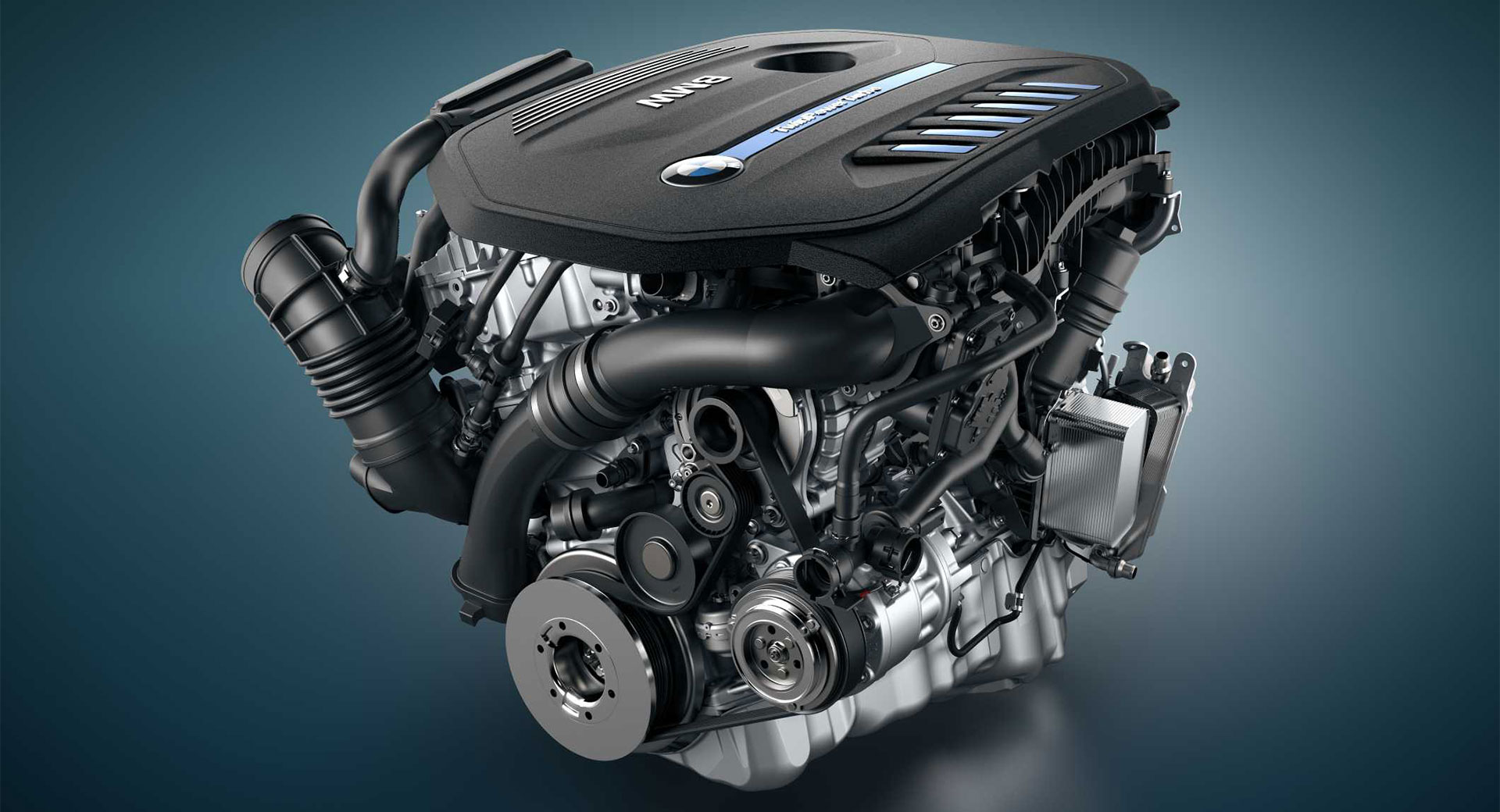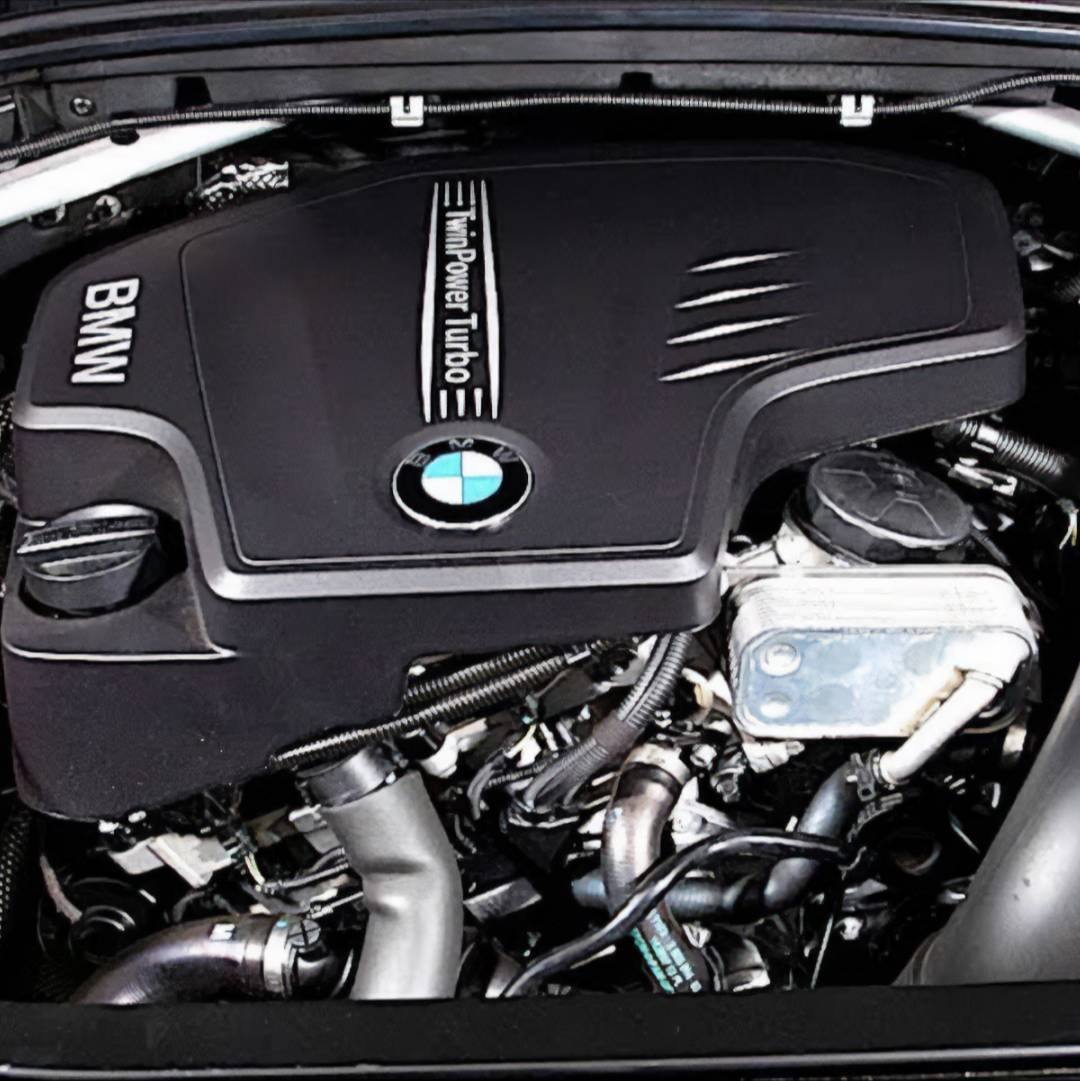Top 5 BMW Engine Technologies Reinventing the Automotive Market
Top 5 BMW Engine Technologies Reinventing the Automotive Market
Blog Article
Revealing the Intricacies of Next-Generation Power Units: a Deep Dive Into Advanced Engine Designs and Developments
As we stand on the precipice of a brand-new period in transport, the complexities of next-generation engine layouts bid us to explore the innovative technologies and technologies that promise to redefine the driving experience. Digging deeper right into the worlds of exhaust control, intelligent engine monitoring systems, and the horizon of power unit development, we discover ourselves on the cusp of a makeover that promises to improve the landscape of wheelchair as we know it.
Evolution of Engine Materials

The change towards progressed engine products has also made it possible for designers to develop engines with greater power outcomes while maintaining gas performance standards. The usage of light-weight products decreases the total weight of the engine, leading to boosted gas economic climate and lower emissions. Additionally, improvements in products technology have allowed for much better thermal administration within engines, leading to enhanced reliability and longevity.
Turbocharging and Supercharging Technologies
Exactly How do Turbocharging and Supercharging Technologies change engine efficiency and effectiveness in contemporary cars? Turbo charging and turbocharging are modern technologies that considerably boost engine performance by raising the amount of air consumption into the burning chamber. Turbocharging attains this by using a turbine driven by exhaust gases to pressurize the consumption air, while supercharging utilizes a belt- or chain-driven compressor to achieve the same result.
These innovations enable smaller, a lot more fuel-efficient engines to produce power equal to bigger ones, understood as downsizing. Forcibly even more air right into the cylinders, turbocharging and supercharging improve combustion performance, resulting in increased horse power and torque outcome without a substantial increase in engine size. This brings about better velocity, hauling ability, and overall driving performance.
In addition, turbo charging and turbocharging add to improved fuel performance by allowing the use of smaller sized engines that consume less fuel under typical driving problems - bmw engine. This mix of enhanced efficiency and performance has made turbocharging and supercharging essential components of lots of contemporary engine designs
Discharge Control and Environmental Impact
With enhancing global worries concerning air high quality and ecological sustainability, the execution of exhaust control modern technologies in cars plays a critical role in decreasing damaging contaminants launched right into the atmosphere. Modern vehicles are equipped with sophisticated emission control systems that help lessen the ecological effect of vehicle operations. Catalytic converters, for circumstances, are developed to convert hazardous gases such as carbon monoxide, nitrogen oxides, and hydrocarbons into less hazardous materials like carbon dioxide and water vapor.
In addition, innovations in engine modern technology, such as the combination of exhaust gas recirculation systems and careful catalytic reduction, have substantially contributed to lowering exhausts. These modern technologies function in tandem to enhance combustion efficiency and minimize the launch of dangerous contaminants into the air. In addition, the development of crossbreed and electrical vehicles stands for a crucial action towards decreasing the overall ecological footprint of read review the transportation industry.
Intelligent Engine Management Equipment

Additionally, these systems enable automobiles to meet rigorous emissions criteria without compromising performance, giving a much more eco friendly driving experience. The assimilation of expert system and artificial intelligence capacities in engine administration systems remains to push the limits of what is feasible, bring about more improvements in efficiency, integrity, and overall lorry performance. bmw engine. As auto technology developments, smart engine management systems will play a vital role fit the future of transport in the direction of a more efficient and lasting instructions
Future Trends in Power Device Development
As intelligent engine administration systems lead the way for boosted control and optimization in modern cars, future patterns in power system growth are positioned to redefine the landscape of automobile propulsion modern technologies. Among the key trends driving development in power system advancement is the shift towards electrification. With an enhancing concentrate on sustainability and decreasing carbon discharges, crossbreed and electric powertrains are ending up being more prevalent in the automobile industry. These alternative power sources offer boosted efficiency and efficiency while straightening with rigorous ecological guidelines.
One more significant pattern is the combination of advanced products and producing techniques. Light-weight products such as carbon fiber and light weight aluminum are being used to decrease total automobile weight, improving fuel performance and efficiency. Furthermore, advancements in 3D printing and additive production are allowing the manufacturing of complicated engine elements with higher accuracy and durability.
Furthermore, man-made intelligence and artificial intelligence are playing an essential duty in enhancing power device performance. These modern technologies enable real-time tracking and flexible control, resulting in extra effective and reliable power delivery. In general, future fads in power unit development are geared in the direction of sustainability, efficiency, and efficiency, driving the automotive market in the direction of a new era of propulsion modern technologies.

Conclusion
Finally, the developments in engine products, turbocharging, emission control, and smart monitoring systems have paved the way for next-generation power devices. These innovations have not just better performance and effectiveness however likewise minimized ecological influence. As technology remains to evolve, future patterns in power device development are likely to concentrate on more enhancing sustainability and enhancing power result. The intricate styles and technologies in contemporary engines display the recurring evolution of automobile innovation.
Checking out the dynamic advancements in engine materials linked here has been pivotal in enhancing the performance and efficiency of contemporary engines. Over the years, the development of engine materials has played a critical duty in pressing the limits of what engines can achieve.The shift towards advanced engine products has actually likewise allowed engineers to develop engines with higher power outputs while maintaining gas performance requirements.The application of smart engine management systems in modern-day lorries has actually reinvented the method engines are controlled and optimized for basics performance and effectiveness. By collecting information in real-time and assessing it with innovative algorithms, intelligent engine administration systems can adapt to driving designs, environmental factors, and engine wellness to make best use of power result while reducing fuel intake and exhausts.
Report this page